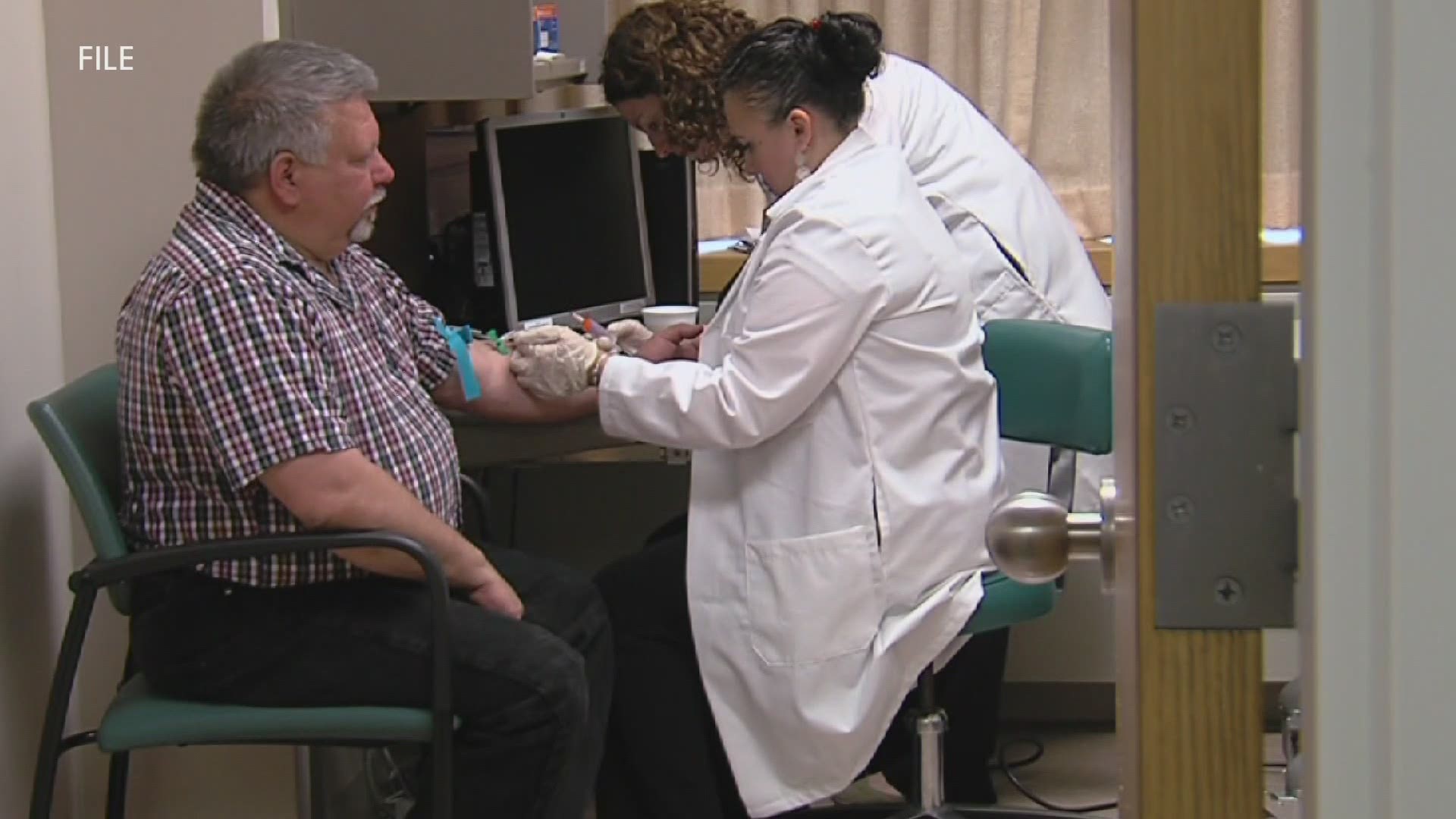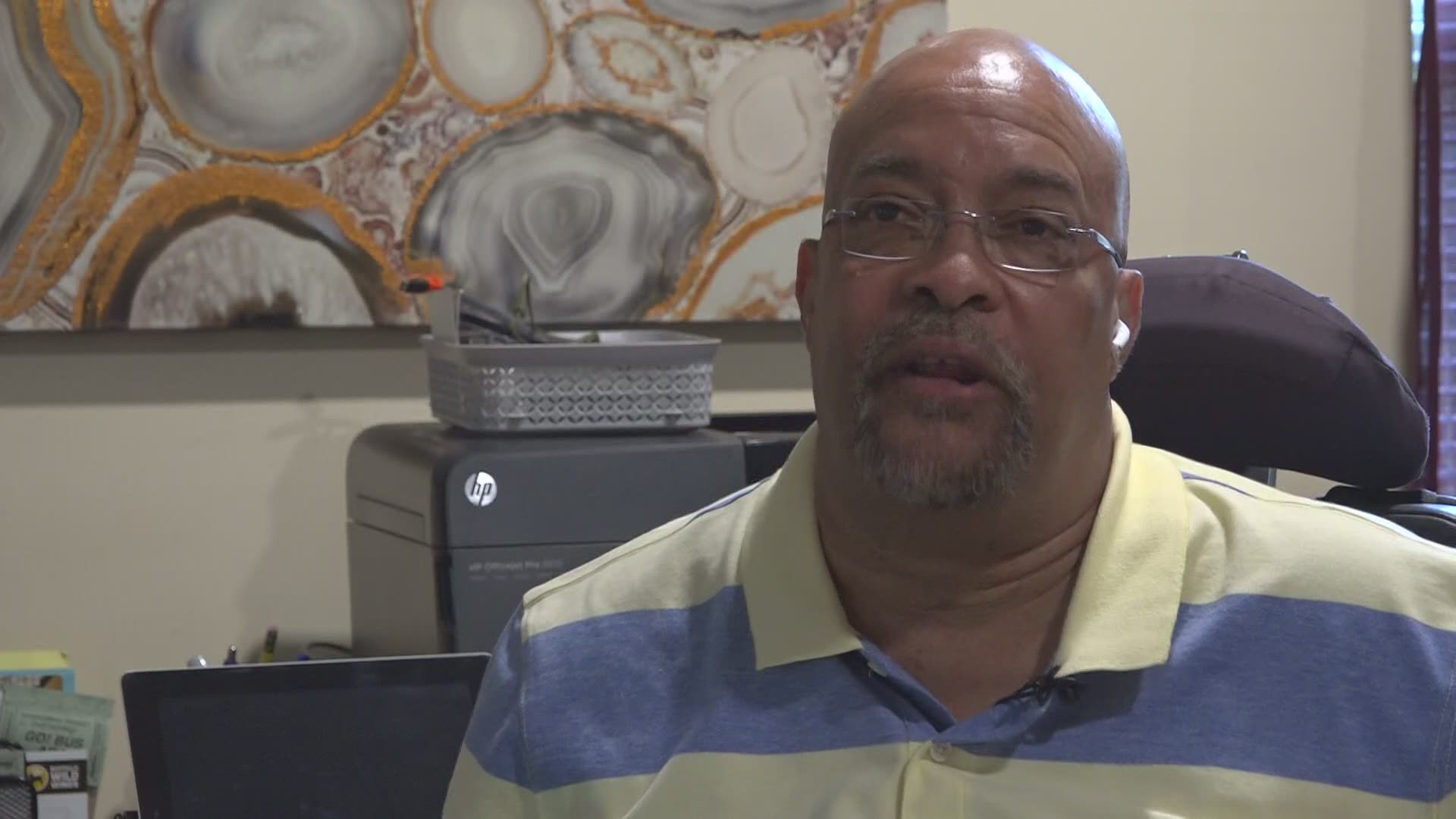The average lifespan for a women in the United States is about five years longer than a man, and medical experts with Spectrum Health hope that this month, men can be encouraged to take care of their health as June is Men's Health Month.
After nearly 20 years in the healthcare industry, Dr. Harland Holman says that getting men into the doctor's office can be a challenge. He's noticed a mix of anxiety and reluctance in getting regular check-ups.
"There's the mentality that 'If it's not broke, don't fix it,'" Dr. Holman says. "Some of those health problems that don't cause any symptoms, I think people might not really wanna know if they have it or not."
The two leading causes of death for men in the U.S. are heart disease and cancer. Dr. Holman says prevention can start at home with help from your partner.
"You don't have to be a marathon runner to stay healthy and active," says Dr. Holman. "Going on walks together, throwing some frisbee or whatever you like to stay moving around. For diet, it's integrating as many vegetables into your diet and less salt."
Actually getting into the office is also key to identify what Dr. Holman says are other common issues for men -- hypertension, high cholesterol and diabetes.
"Really all three of those you can have without really knowing it," he says.
Dr. Holman says it's especially important for those who face disparities in healthcare and insurance coverage, like low-income and minority communities, to get checked out too.
"Unfortunately I think men of color have been through a lot with trusting the health system," he says. "Going back to Tuskegee and unfortunately not receiving great care from the health system so I think trust in providers and physicians that they see over time can help make a difference."
Dr. Holman says regular screenings can make a major difference in men's health. He encourages those who may have put off cancer screenings because of the pandemic to now visit their doctor.
"Knowledge is power," he says. "Knowing what's causing your symptoms and what your risk factors are can help you make good decisions."
Dr. Holman says that during this month, men should also pay attention to their mental health and consider seeking help if needed.
"I think mental health too is a big one that men don't talk (about)," he says. "Guys sometimes hesitate to talk about it and I think isolation, especially with COVID-19, that can be a factor in our health. It's good for guys if they're feeling that way to talk about it."
Related video:
►Make it easy to keep up to date with more stories like this. Download the 13 ON YOUR SIDE app now.
Have a news tip? Email news@13onyourside.com, visit our Facebook page or Twitter. Subscribe to our YouTube channel.


